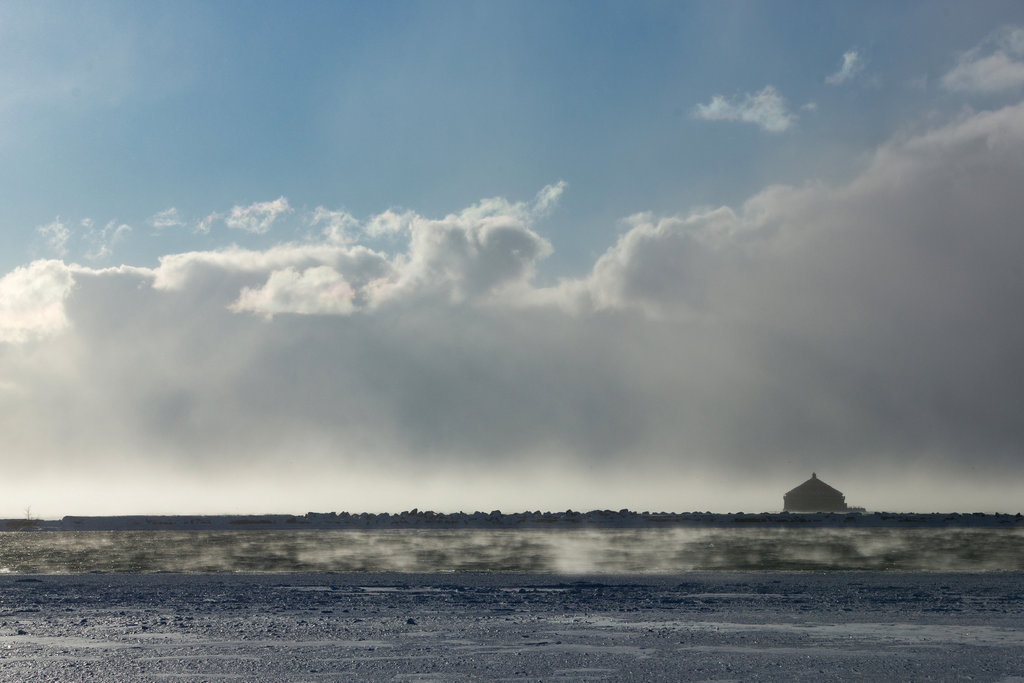This article by Timothy Williams appeared in The New York Times, February 17th, 2019.
The failing health of Lake Erie, the world’s 11th largest lake, is at the heart of one of the most unusual questions to appear on an American ballot: Should a body of water be given rights normally associated with those granted to a person?
Voters in Toledo, Ohio, will be asked this month to decide whether Lake Erie, which supports the economies of four states, one Canadian province and the cities of Toledo, Cleveland and Buffalo, has the legal right “to exist, flourish, and naturally evolve.”
The peculiar ballot question comes amid a string of environmental calamities at the lake — poisonous algal blooms in summer, runoff containing fertilizer and animal manure, and a constant threat from invasive fish. But this special election is not merely symbolic. It is legal strategy: If the lake gets legal rights, the theory goes, people can sue polluters on its behalf.
The proposed Lake Erie Bill of Rights is part of a growing number of efforts to carve out legal status for elements of nature, including rivers, forests, mountains and even wild rice. The efforts, which began decades ago but have gathered momentum in recent years, seek to show that existing laws are insufficient to protect nature against environmental harm. Under current law, lakes and deserts do not have legal standing, so people cannot sue on their behalf.
In Toledo, residents and elected officials say they believe the initiative has a good chance of being approved, but there is a catch: The measure’s own backers acknowledge that it is likely to be challenged in court as having little or no legal footing, and that it could ultimately be invalidated as reaching beyond the scope of city law. MORE…

